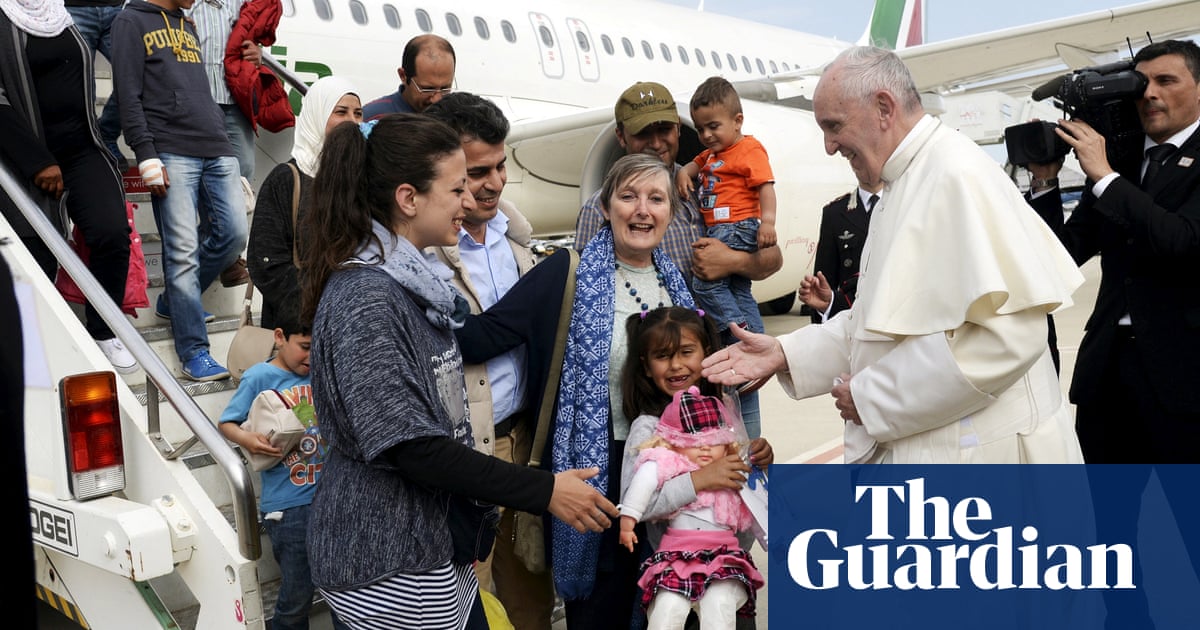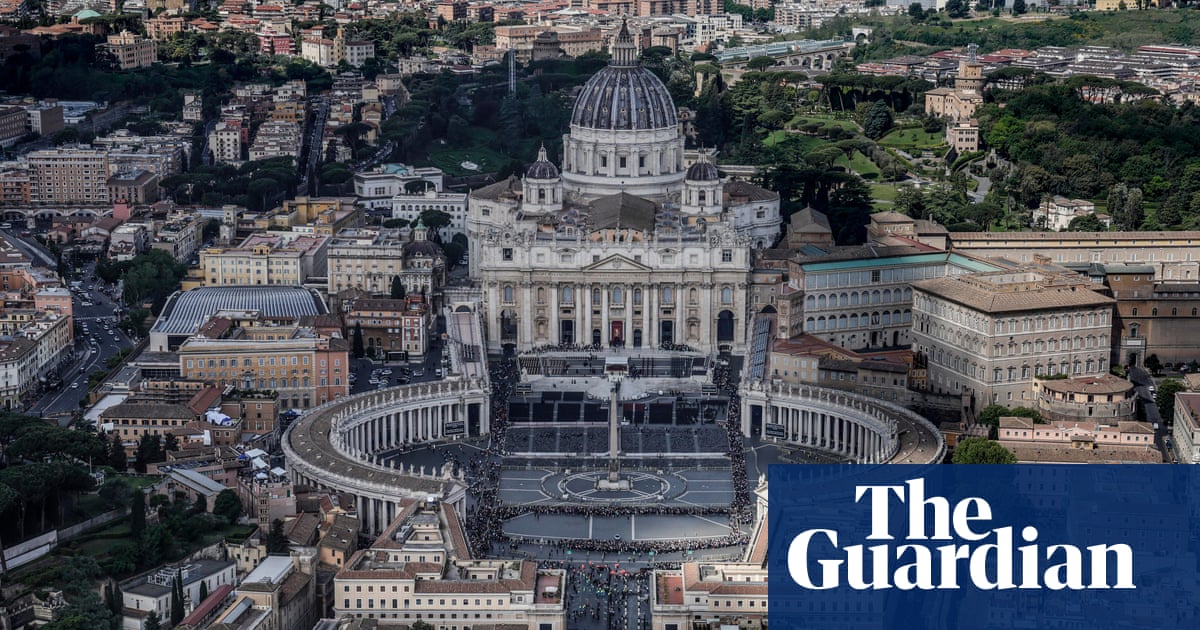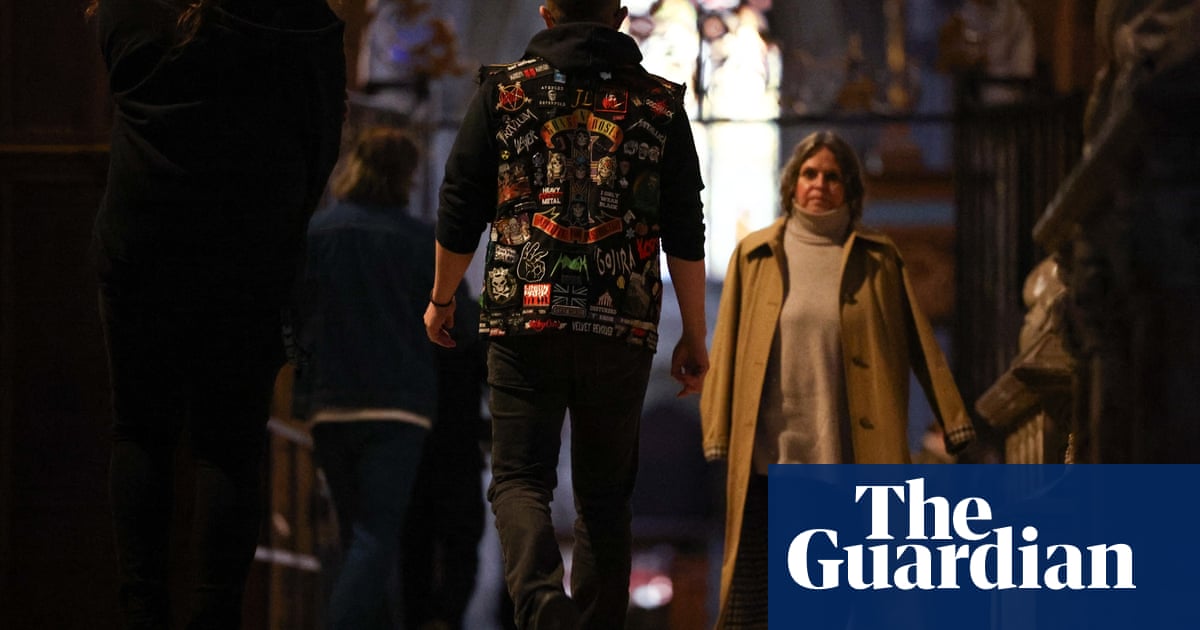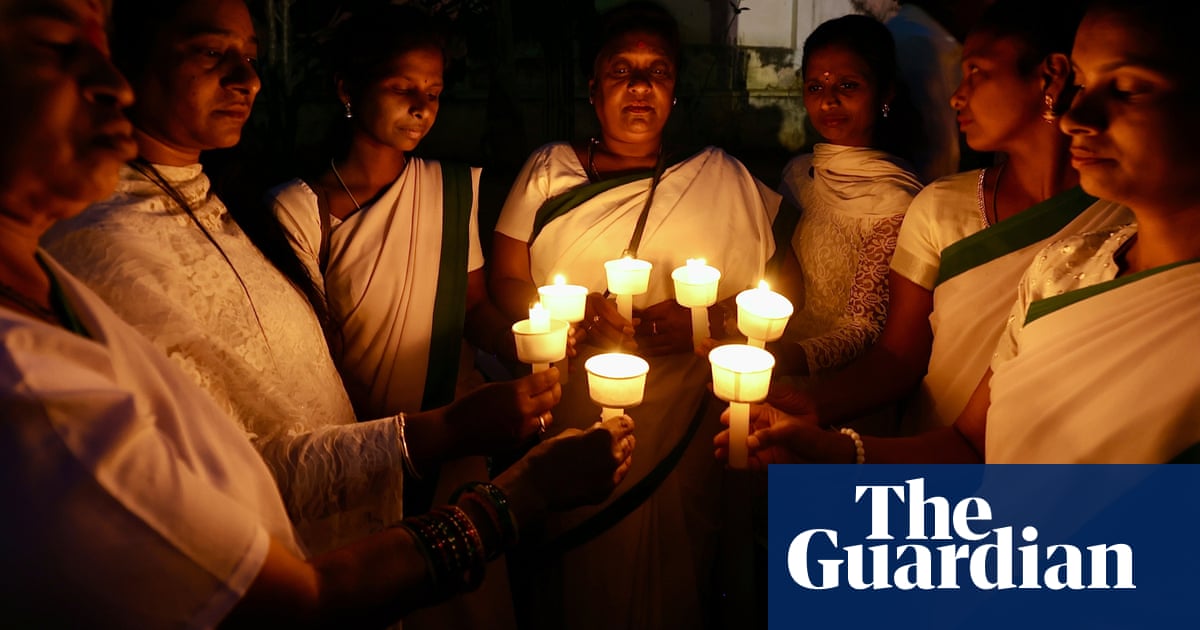Hundreds of thousands of South Koreans flooded central Seoul on Saturday in the latest wave of protests demanding the removal of the country’s suspended president, Yoon Suk Yeol, a day after parliament voted to impeach his acting replacement.
Organisers claimed that more than 500,000 people participated in the rally, which took place amid a large police presence.
The demonstrations, which have grown steadily since Yoon’s failed declaration of martial law on 3 December, transformed the historic Gwanghwamun area in a striking display of civic engagement, with citizens including young protesters wielding K-pop light sticks alongside civil society groups.
“Imprison Yoon Suk Yeol,” protesters chanted as they marched from Gyeongbokgung Palace toward the Myeongdong shopping district, many singing to K-pop music blasting from speaker trucks in what has become a characteristic mix of celebration and serious political messaging.
The impeachment on Friday of the acting president, Han Duck-soo, marked a deepening of South Korea’s political and constitutional crisis, stemming from Han’s refusal to appoint three judges to the constitutional court – the very body that must decide Yoon’s fate.
The opposition-controlled parliament viewed this as deliberately stalling Yoon’s impeachment process, while the ruling People Power party warned that removing Han risked triggering a “second financial crisis” and accused the opposition of paralysing state functions.
The finance minister, Choi Sang-mok, who doubles as deputy prime minister, has become the interim leader in an unprecedented arrangement where he holds three top positions.
The constitutional court, now operating with only six of its nine seats filled, requires at least six votes to uphold Yoon’s removal from office, meaning a single dissenting voice could save his presidency.
The court building itself has been barricaded by police buses and heavily guarded. Hundreds of flower wreaths sent by Yoon’s supporters lined the barriers, bearing messages of support for the suspended president.
One kilometre from the main demonstration, a large but vocal counterprotest led by far-right evangelical Christian groups gathered to oppose the impeachment.
Mostly comprising elderly people and hostile in tone, they denounced the parliamentary impeachment votes as invalid and called for Yoon’s reinstatement.

The opposition leader Lee Jae-myung sat on the ground with protesters at the anti-Yoon rally, where the atmosphere remained orderly despite the massive turnout.
In a display of civic spirit, some protesters distributed snacks to police officers, while others cleaned the streets, picking up litter left behind.
The protests have taken on a distinctly youthful character, with students, women’s groups and activists waving flags and addressing the crowd from a central stage.
The use of K-pop light sticks, typically reserved for concerts, has become a symbol of this new generation of protest, contrasting with the candlelight vigils of the Park Geun-hye impeachment protests of 2016-17.
The pop band Leenalchi and the Ambiguous Dance Company together performed their hit Tiger Is Coming, with the band member Ahn Yi-ho drawing cheers when he declared: “Tigers may be tigers, but insurrectionists must be eradicated.”
Recent polls show a majority of South Koreans support Yoon’s removal from office after his attempt to impose martial law earlier this month. That declaration lasted just six hours before being overturned by parliament but has sparked the biggest challenge to South Korean democracy since the 1980s.
As night fell on Saturday and the pro-Yoon protest packed up, the pro-impeachment protesters continued to stream through the city centre, their glittering light sticks illuminating the march in thesub-zero temperatures.
Tourists stopped to watch and photograph the peaceful demonstration, a manifestation of South Korea’s democracy in action, even as it faced one of its biggest tests.

 3 months ago
57
3 months ago
57













































